Syria seeks to assert control over UN aid deliveries
- Published
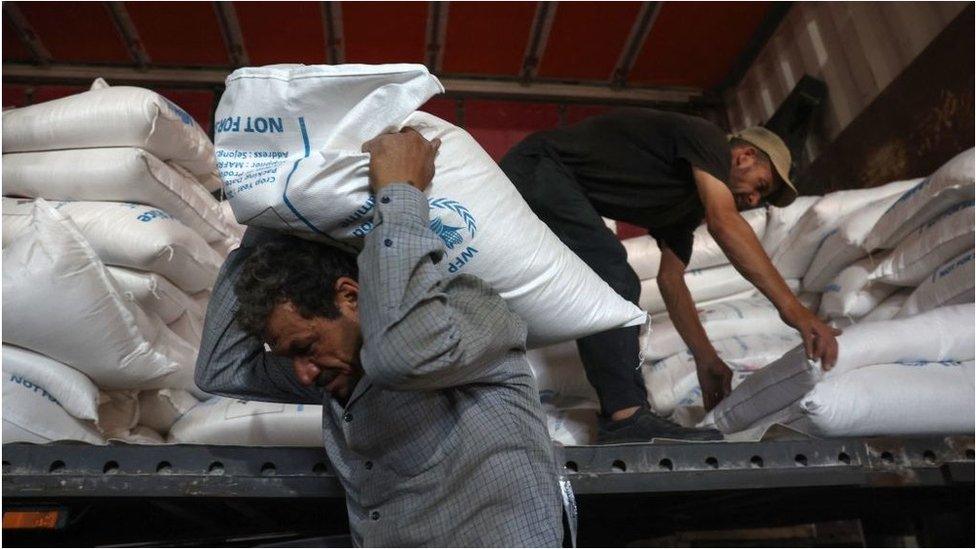
Millions of people in rebel-held north-west Syria depend on UN aid for survival
Syria is to allow UN humanitarian aid into rebel-held territory through its main border crossing which closed amid a political impasse at the UN, its ambassador there has said.
Some 4.1 million people in north-west Syria depend on the aid deliveries.
The UN Security council, which has authorised deliveries via Bab al-Hawa from Turkey since 2014, failed to agree on Thursday on extending the operation.
The UN says it is studying Syria's plan to continue deliveries for six months.
Syrian ambassador Bassam Sabbagh said in a letter to the UN secretary general that Damascus had made a "sovereign decision" to let aid cross through Bab al-Hawa.
It would allow deliveries to resume "in full co-operation and co-ordination with the Syrian government", he said.
The move has raised fears though that if accepted, it could allow for Syria to control the distribution of the aid.
"The priority needs to be getting aid flowing again, fast, to the people who need it - and then getting certainty over its future," UK ambassador Barbara Woodward said after Syria's announcement.
"But without UN monitoring, control of this critical lifeline has been handed to the man responsible for the Syrian people's suffering," she added.
Syria and Russia - Syria's key ally - have previously objected to the UN aid delivery mechanism as a violation of Syria's sovereignty, having been adopted without Syria's consent.
Russia vetoed a nine-month extension for the use of the Bab al-Hawa crossing that 13 of the 15 other council members backed.
But it was then unable to muster enough votes for its proposal of six months.
The US accused Russia of "an act of utter cruelty".
The Bab al-Hawa lifeline has become even more important since a devastating earthquake struck north-west Syria in February, killing more than 4,500 people and displacing 50,000 families.
Although the Security Council decision means the UN must immediately stop aid deliveries through Bab al-Hawa, it will be able to continue until 13 August to use two additional border crossings that were opened with the consent of the Syrian government following the earthquake.
- Published11 July 2023
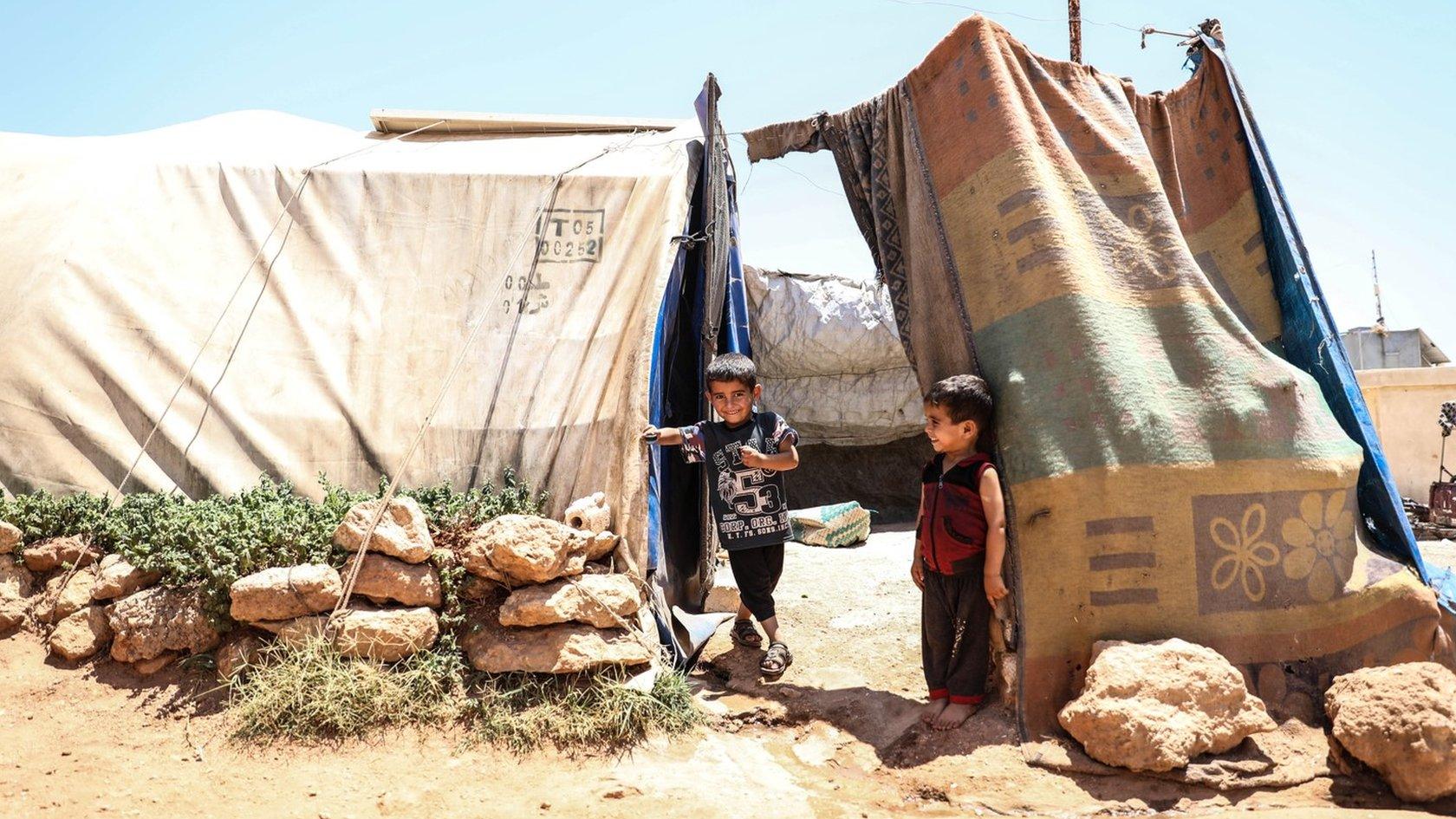
- Published20 May 2023
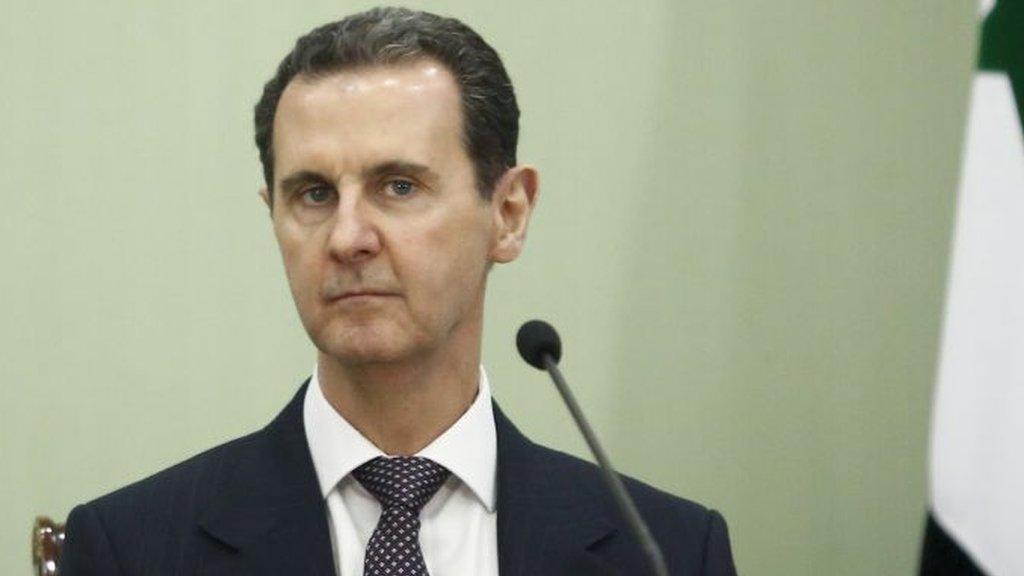
- Published21 April 2023
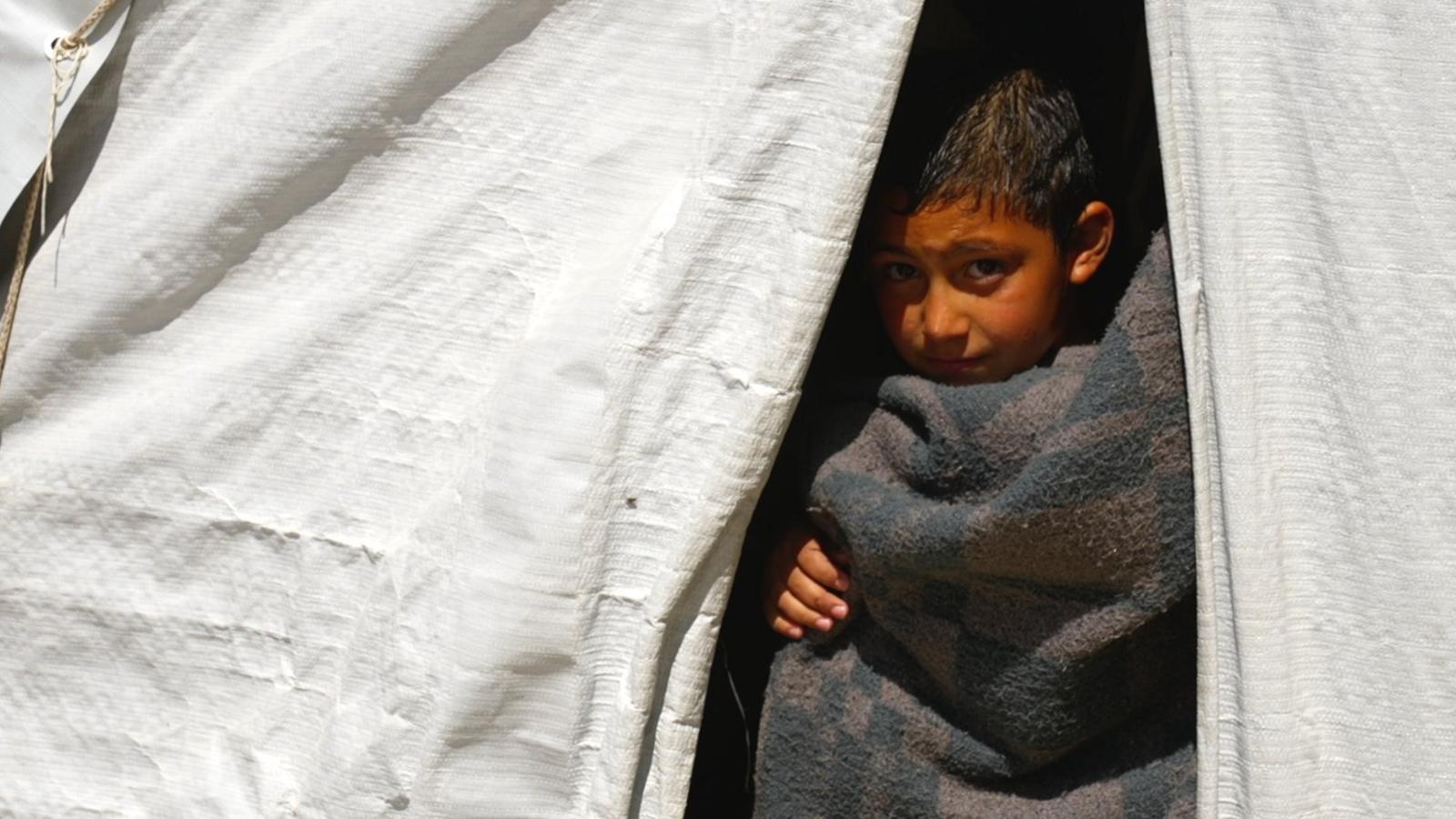
- Published19 February 2023
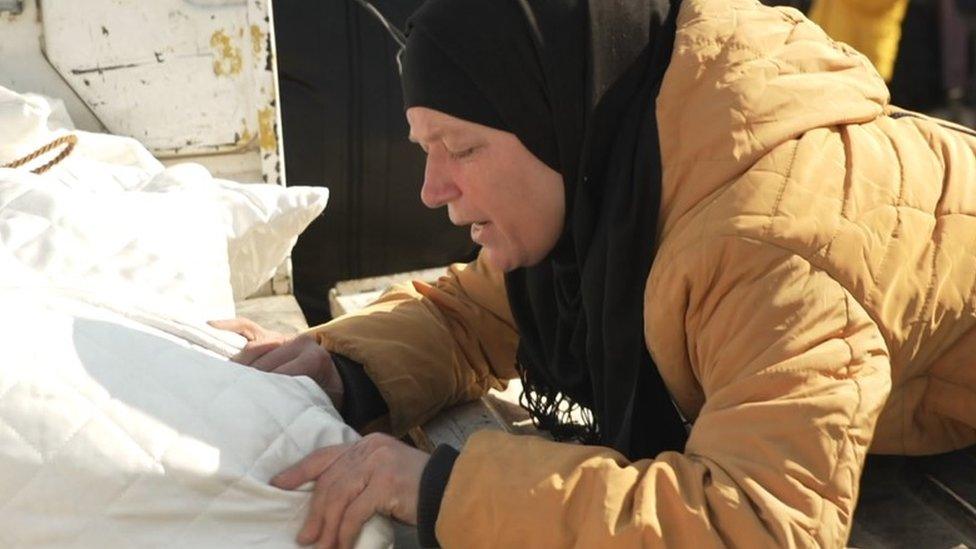
- Published15 February 2023
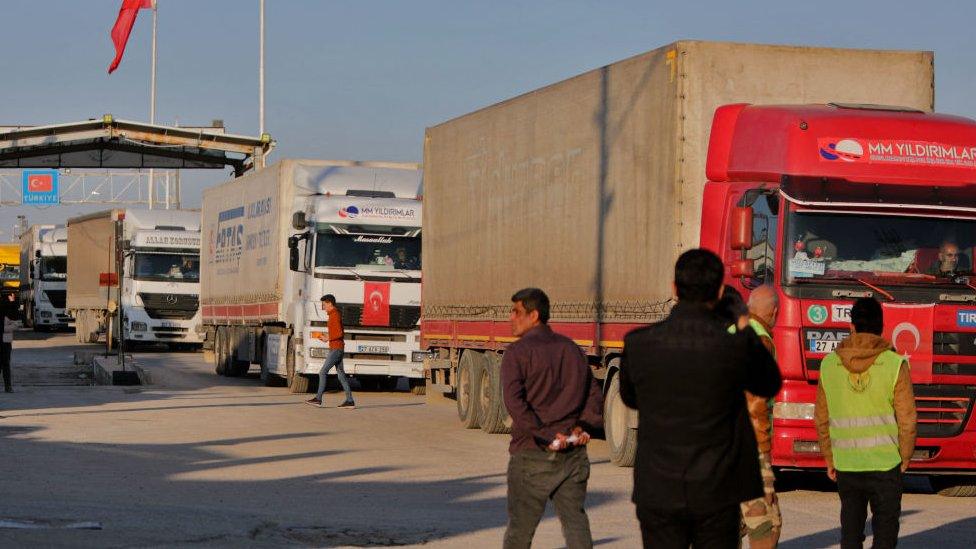
- Published11 February 2023
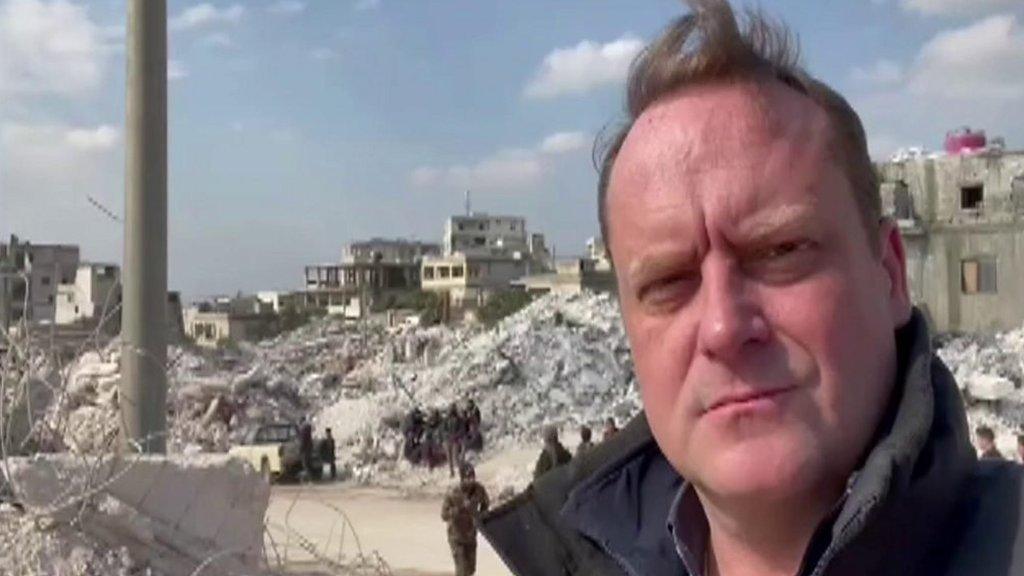
- Published2 May 2023
